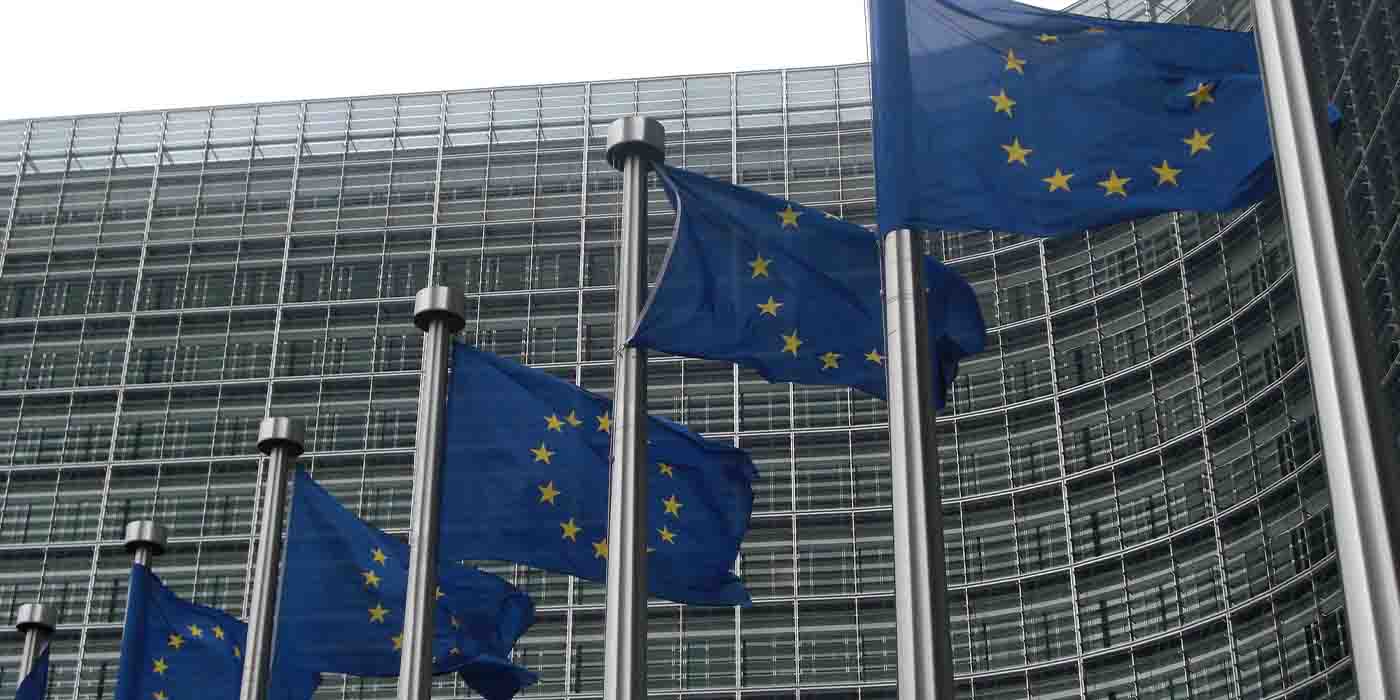European automakers launched a coordinated effort this week to challenge the EU's ambitious 2035 zero-emission vehicle mandate. Despite significant industry pressure, the European Commission remains steadfast in its commitment to the landmark climate policy, setting the stage for continued tension between regulators and manufacturers.
Key Highlights
- Industry Position: Major European automakers formally requested the EU Commission to review and potentially modify the 2035 all-EV target
- Regulatory Response: The European Commission is maintaining its firm stance on the existing timeline despite industry pressure
- Timing: The push came during a high-profile auto summit held on Friday, marking a significant coordinated industry effort
- Ongoing Tension: The disagreement highlights continuing friction between climate goals and automotive industry readiness
The Clash Over Europe's Electric Future
The European automotive industry finds itself at a critical crossroads as manufacturers push back against the EU's sweeping 2035 combustion engine ban. During Friday's auto summit, representatives from across the industry presented a unified front, arguing that the current timeline requires reassessment given ongoing challenges in infrastructure development, supply chain constraints, and consumer adoption rates.
Industry Concerns and Rationale
Automakers expressed significant concerns about the feasibility of the 2035 deadline, citing multiple operational and market challenges. Industry leaders emphasized the need for more pragmatic approaches that consider the complete ecosystem required for mass EV adoption. Key concerns included the pace of charging infrastructure deployment, raw material availability for battery production, and the economic impact on traditional automotive manufacturing regions.
The Commission's Unwavering Position
Despite the coordinated industry effort, EU commissioners have reportedly maintained their commitment to the 2035 target. The commission views the regulation as essential for meeting the bloc's climate neutrality goals and maintaining global leadership in clean transportation. Officials emphasized that the policy provides the regulatory certainty needed to drive investment and innovation throughout the automotive sector.
Comparative Analysis: Automaker Readiness
| Manufacturer Group | Current EV Sales Percentage | 2030 Production Targets | Public Stance on 2035 Deadline |
|---|---|---|---|
| Volkswagen Group | 8-10% | 70% EV Production | Seeks Flexibility |
| Stellantis | 6-8% | 100% EV in Europe | Supports with Conditions |
| BMW Group | 12-15% | 50% EV Production | Requests Review |
| Renault Group | 10-12% | 90% EV in Europe | Seeks Timeline Adjustments |
The Path Forward: Negotiation or Confrontation?
The auto summit's outcome suggests a period of intensified negotiation between regulators and industry stakeholders. While the commission appears resolute, automakers are likely to continue advocating for additional support mechanisms, including enhanced charging infrastructure funding, battery production incentives, and potential adjustments for specific vehicle segments or market conditions.
Broader Implications for the Auto Industry
This confrontation reflects larger tensions affecting global automakers as they navigate the transition to electric mobility. The debate extends beyond timeline concerns to encompass fundamental questions about manufacturing transformation, workforce retraining, and competitive positioning against non-European EV manufacturers who benefit from different regulatory environments and support structures.
The EU's firm stance on the 2035 EV mandate demonstrates the growing prioritization of climate goals over traditional industry concerns. While automakers' requests for flexibility reflect genuine operational challenges, the commission's unwavering position signals that environmental objectives now take precedence in European automotive policy. This tension between regulatory ambition and industrial practicality will likely define the continent's automotive transformation throughout this decade, with Friday's summit representing just one chapter in an ongoing negotiation that will shape the future of transportation in Europe and beyond.


